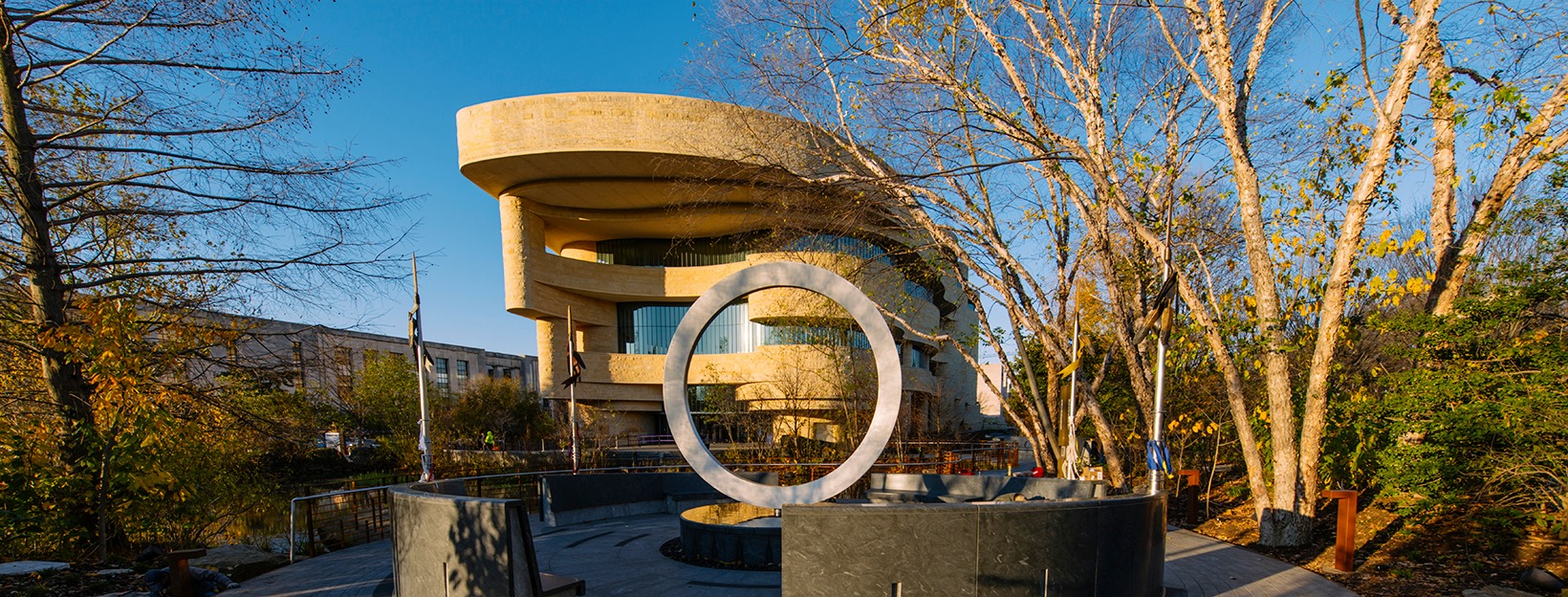
- Details
- By Native News Online Staff
On Sunday, the Smithsonian announced its temporary closure on X, adding that its social media accounts will likely remain inactive until the federal government reopens. The closure affects all Smithsonian institutions, including the National Museum of the American Indian in Washington, D.C., and New York City.
The National Museum of the American Indian’s website features the following message at the top of its homepage:
"Due to the government shutdown, our museums in Washington, DC, and New York are temporarily closed. Programs and events at both locations are canceled. Visit si.edu for updates."
The Smithsonian Institution, which encompasses 19 museums, 14 education and research centers, and the National Zoo, receives most of its funding from the federal government. Approximately 62% of its budget is provided by Congress, supplemented by private donations and revenue from its operations.
More Stories Like This
Native News Weekly (August 25, 2024): D.C. BriefsNavajo Utah Commission Approves Six New Weather Stations
First Peoples Fund Announces 2026 Cultural Capital Fellows
Deb Haaland Campaign Responds to Why Her Name is in the Epstein Files
Cadiz, Inc. Announces EPA Selection of Mojave Groundwater Bank Northern Pipeline Project for WIFIA Loan Application
Help us defend tribal sovereignty.
At Native News Online, our mission is rooted in telling the stories that strengthen sovereignty and uplift Indigenous voices — not just at year’s end, but every single day.
Because of your generosity last year, we were able to keep our reporters on the ground in tribal communities, at national gatherings and in the halls of Congress — covering the issues that matter most to Indian Country: sovereignty, culture, education, health and economic opportunity.
That support sustained us through a tough year in 2025. Now, as we look to the year ahead, we need your help right now to ensure warrior journalism remains strong — reporting that defends tribal sovereignty, amplifies Native truth, and holds power accountable.
 The stakes couldn't be higher. Your support keeps Native voices heard, Native stories told and Native sovereignty defended.
The stakes couldn't be higher. Your support keeps Native voices heard, Native stories told and Native sovereignty defended.
Stand with Warrior Journalism today.
Levi Rickert (Potawatomi), Editor & Publisher

